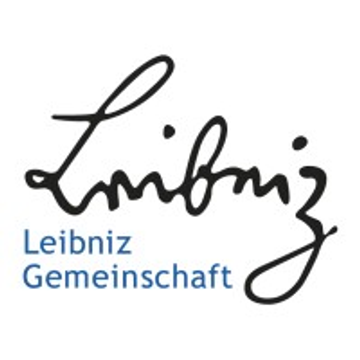Auf einen Blick
- Aufgaben: Forschung und Entwicklung im Bereich fortgeschrittener Elektronenmikroskopie für elektrochemische Energiewandlungstechnologien.
- Arbeitgeber: Ein führendes Forschungsinstitut im Bereich der Elektrochemie.
- Mitarbeitervorteile: Teilnahme an wissenschaftlichen Konferenzen, Workshops und speziellen Trainings.
- Warum dieser Job: Möglichkeit, Spitzenforschung zu betreiben und technologische Entwicklungen voranzutreiben.
- Gewünschte Qualifikationen: Doktortitel in Materialwissenschaft, Ingenieurwesen oder Physik; Erfahrung mit Elektronenmikroskopen.
- Andere Informationen: Aktive Beteiligung an der Projektakquise und Publikationstätigkeit.
Das voraussichtliche Gehalt liegt zwischen 36000 - 60000 € pro Jahr.
- The development of the FIB-SEM method for the 3D analysis of porous electrode structures in High Temperature Solid Oxide Cells and Proton Conducting Ceramic Cells.
- The analytic support and contribution with 3D analysis to the project PERFECT.
- The post-mortem analysis of selected samples to highlight microstructural changes and to elucidate aging processes in Solid Oxide and Proton Conducting Ceramic Cells and Stacks, including sample preparation.
- Contribute to the supervision of students and Ph.D. students.
- Reporting and writing of scientific publication.
- Active participation in scientific conferences and workshops.
- Participation to ZEISS Training for the advanced analytic techniques with the FIB-SEM.
- Supervise the sample preparation laboratory (Metallography).
- The development of the scientific investigation methods, and the analytical tools for the FIB-SEM for all technologies the field of electrochemical energy conversion.
- Pro-active engagement in the acquisition of projects with a main focus on the use of advanced electron microscopy methods for electrochemical energy conversion devices (all technologies: i.e. fuel cells, electrolysers, batteries) and their development in coordination with the group leaders and the responsible person for the FIB-SEM.
- The share of activities is expected to be max. 50% of experimental work and 50% for the other activities.
Doctoral degree from an accredited university, with major in materials science, engineering, or physics. The applicant must demonstrate an expertise in the use of scanning electron microscope and related investigation techniques for research, and sample preparation methods. Excellent track records in scientific publications. Experience with transmission electron microscope (STEM/TEM) and related methods is advantageous. Knowledge and or practical experience of spectroscopic methods such as SIMS, WDS is also advantageous. Practical experience applied to the different classes of materials (ceramics, metals, polymers, glasses, organic materials) is advantageous. Competences in algorithms and image analysis are highly welcome. Team work capability and pedagogic skills are highly welcome. English competence: See requirements on www.daad.de/dlr (https://www.daad.de/dlr)
Payment
According to the DAAD remuneration guidelines
DLR-DAAD Doctoral Fellowship Nr. 595: Advanced Electron Microscopy for electrochemical energy conversion devices Arbeitgeber: Deutsches Zentrum für Luft- und Raumfahrt (DLR)

Kontaktperson:
Deutsches Zentrum für Luft- und Raumfahrt (DLR) HR Team

